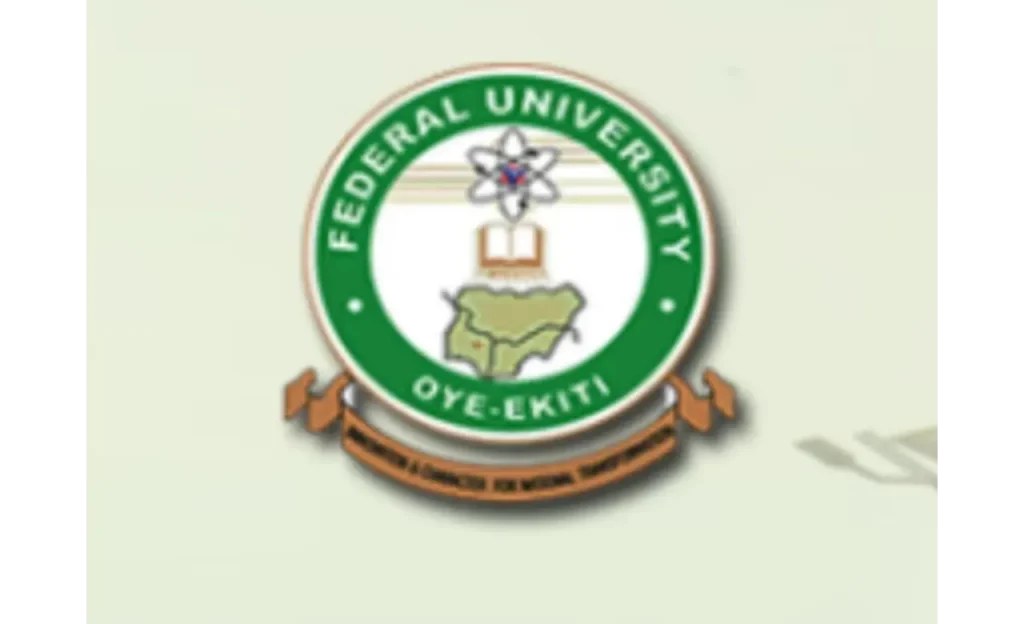• FUOYE has recently launched its Innovation Hub website and strengthened global partnerships, boosting its role in research commercialisation and entrepreneurship.
• Key challenges include inadequate infrastructure, dual-campus logistical issues, erratic utilities, and student protests against planned fee hikes.
FUOYE’s innovation push: Global recognition and new platforms
Federal University Oye-Ekiti has sharply increased its profile in recent years, especially in interdisciplinary science rankings. In the 2025 Times Higher Education Impact Rankings, FUOYE ranked among Nigeria’s top universities and achieved 7th place in the national band for interdisciplinary science on the global stage. Alongside this recognition, the university established the FUOYE Innovation Hub in August 2024, creating a dedicated infrastructure for novel research, entrepreneurship and digital transformation, capped by the recent unveiling of its official Innovation Hub website.
Furthermore, the corporation has improved international collaboration. As an example, to explore faculty/student collaborations, technology transfer, and collaborative research, Assoc. Prof. Olushola S. Ayanda, Ag. Director of Innovation & Digital Technology, journeyed to Vaal University of Technology in South Africa. In addition, with references to major programs like the €40 million Blueprint-ICT-Dev Project and support from foundations like TETFund, recent retreats and workshops (like the DIST-hosted initiative) support academic entrepreneurship, research translation to market, and skills development.
Also read: Megabit Cloud: Africa-born global cloud provider
Also read: Cloudflare: Enhancing internet infrastructure in Africa
FUOYE’s Challenges: Infrastructure, finance and student voices
While FUOYE has made important strides, persistent challenges threaten its progress. Infrastructural deficits remain a core issue: the dual-campus setup in Oye and Ikole requires duplicate or complementary facilities, while things like eratic electricity supply and the need for safer campus perimeters have been raised repeatedly. Funding is often cited as inadequate for rapid expansion and maintenance, especially for laboratories, lecture halls, and student hostels. The university has completed some infrastructure projects (at least 47 noted in earlier years) but capacity demands continue to grow.
Student concerns have also come to the fore. The Students’ Union has rejected a proposed 100 % fee hike, citing harsh economic conditions, poor living conditions, erratic utility supply and inadequate learning infrastructure.Such protests reflect deeper tensions between rising expectations (both from government and society) for universities to deliver world-class education and the material and financial limitations facing many Nigerian institutions. Moreover, according to a 2024 FUOYE Journal of Educational Management article, widespread issues across Nigerian universities include disparities in access, curriculum gaps, and pedagogical limitations.

